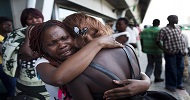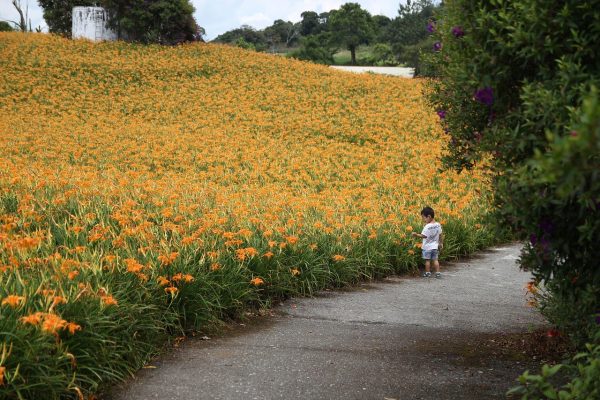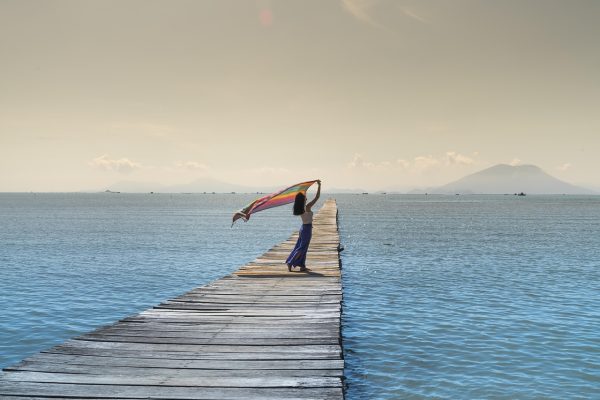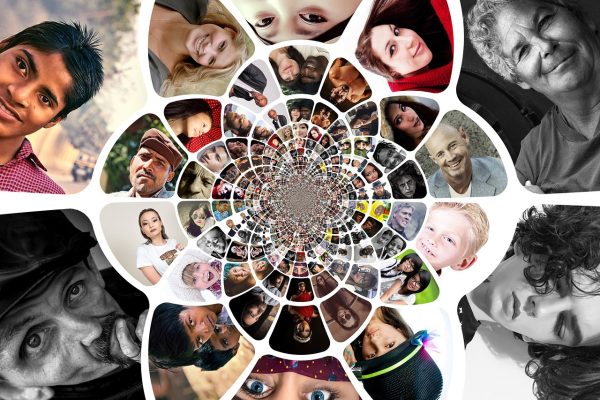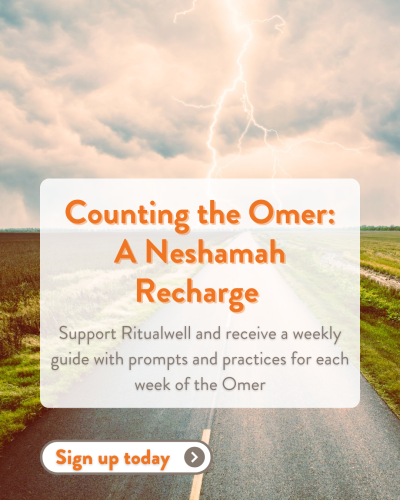Our God and God of our ancestors
God of Ruth and Naomi
God of Boaz and Elimelech
do not let us forget
How Elimelech left home
a cut-down man
a tree-stump of a man.1
How our mothers came back hungry,
having buried their dead,
having lost sons in sickness and famine.
How they wept at the border,
Ruth and Naomi, mothers of the line of David,
refugees in the fields,
walking from Moab-Memories, seeking Succor-Hope.2
How Boaz said, “Do not pass on to another field.
When you are thirsty, drink,
when you are hungry, eat,
and let none trouble you.
May your sustenance come to you whole from God
under whose wings you have sought shelter.”3
God of our wandering and God of our rest,
open our eyes to see
Naomi in South Tel Aviv cleaning restaurants;4
Elimelech in the Negev, imprisoned;5
Ruth in the halls of government, seeking asylum;6
Boaz in the streets, gathering allies,7
remembering his own refugee parents,
seeking justice.
“It happened in the days of the Judges,”
And it is happening again today.
1. Midrash Ruth Rabbah 1:10
2. “I once saw Ruth…,” by Israeli poet Yitzchak Shalev, in his collection Maternity Dress, 1972, pp. 24–25.
3. Ruth 2:8–14
4. Approximately 45,000 Eritreans and Sudanese are seeking asylum in Israel, fleeing repressive regimes and genocide. Many have congregated in South Tel Aviv.
5. Some 3,000 asylum seekers are held in the Holot Detention Facility in the Negev, for no reason other than being in Israel.
6. Israel does not consider the asylum requests of Eritreans and Sudanese, leaving them no pathway to legal status as refugees.
7. Several Israeli non-profits advocate for the rights of asylum seekers, including the African Refugee Development Center (ardc-israel.org), Hotline for Refugees and Migrants (hotline.org.il/en), and the American-Israeli network Right Now. For up-to-date information, visit Right Now at http://www.asylumseekers.org/learn-more.html.
Republished with permission from T’ruah: The Rabbinic Call for Human Rights.

